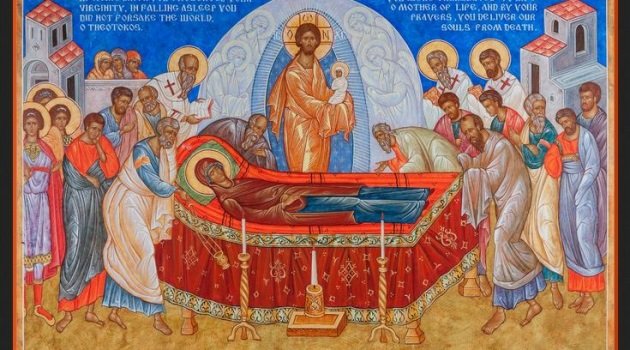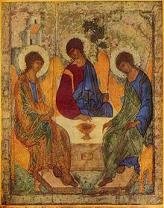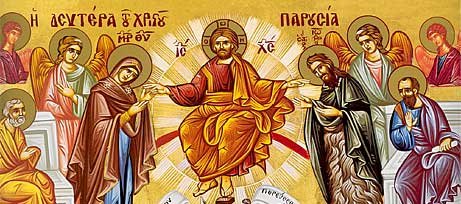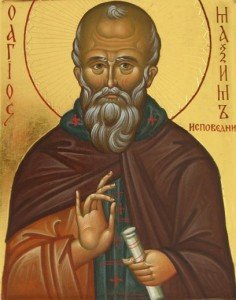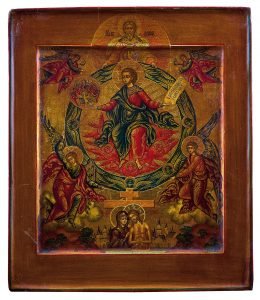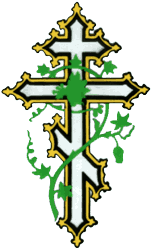The call to holiness would have us also think about life in the same manner as the Church reveals it to us. Consider this. Today we celebrate the feast of the Dormition of Mary. It provides us with a vision of human life which we are called to embrace as Christians. It is a affirmation that life is immortal, which means that it is eternal. Since it is God’s own life that animates us, then we are immortal since God is immortal. This is why the icon has Jesus actually carrying Mary, in her essence, into the next dimension. God has revealed that the essence of who we are as humans survives in God.
So the call to holiness is a call to believe that God created us as eternal beings, even though that may seem impossible given what we know about death. This is where faith is needed. All of this may seem totally impossible. Faith, however, allows us to embrace this vision of life.
Belief in this vision of life also satisfies our desperate hope as humans that there is more to life than just this earthly existence. There is a longing deep in the human psyche for eternal life. This is partially due to the fact that most people sense that, if this is all there is to life, then what is the meaning and purpose of life. Further, if this present life is all that there is and yet there is a God, why would He have created us. It just doesn’t make sense.
It is our belief that God understood that humans would be confused about the meaning and purpose of this earthly existence and so He came Himself in time and revealed, through His Son Jesus, the truth about human life. This makes sense. Think about it. When an artist creates something, s/he hopes it will project her/ himself into the future. It seems that we humans have an innate desire to leave something behind that will remind others that we existed. Why? Because it makes the struggles of this human existence more reasonable. The call to holiness is a call to realize that LIFE IS WORTH LIVING.

